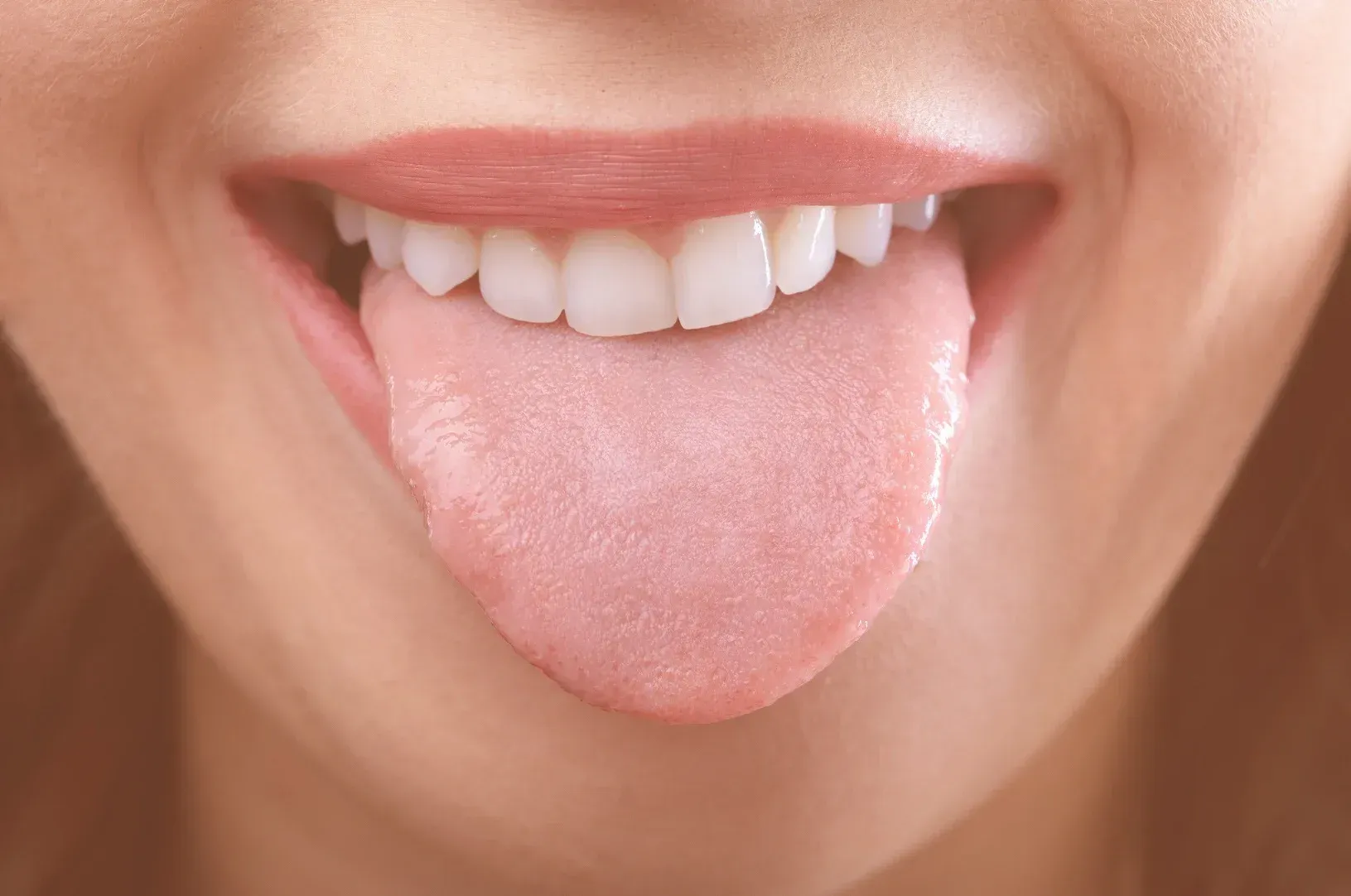Are you one of 7% of Americans who avoid visiting the dentist because of dental anxiety? Also known under the term Dentophobia, dental anxiety can be severe enough to prevent patients from visiting a dentist, even when they’re in pain. This can cause unnecessary pain, tooth loss , and in severe cases could allow life-threatening infections to go untreated. While we understand why people fear dentists and the discomfort that sometimes comes with treatment, you can overcome your fear. There’s no need to be paralyzed and live with dental issues just to avoid the dental chair. We’d love to share with you some coping strategies to help you manage your dental anxiety and get the care you need.
Talk it Out
This may seem overly simple, but hear us out. Many dental anxieties are a result of not knowing what a procedure will be like, or an incorrect understanding. Talk with your dentist! Tell them what you’re afraid of specifically. They can help clear up any misunderstandings about procedures or what you can expect to experience. Also, if your dentist knows you’re anxious they can help gently guide you through the procedure and can take extra care with anything that triggers anxiety. Talking may also help you clarify what it is you’re actually afraid of.
Build a Relationship with your Dentist
Try to establish a long-term relationship with your dentist. Frequent visits for check-ups when things are going well can build a foundation of trust. You’ll learn your dentist’s sense of humor and personality. Familiarity with your dentist’s habits and mannerisms can also help put you at ease. Additionally, this can help your dentist care for your best- they’ll already be familiar with the specific anatomy of your nerves in your mouth, previous treatments, and underlying conditions.
Make a Communication Plan
One thing that lead to dental anxiety is a fear that you won’t be able to communicate when you need a break. Clear this up easily by establishing easy hand signals before your dentist starts working in your mouth.
Take Deep Breaths
Dental anxiety can cause you to subconsciously hold your breath. After a while, this lowers the oxygen levels in your blood and can trigger your adrenaline system, adding to your stress levels. Be intentional to take slow, deep breaths. If you’ve practiced relaxation or meditation exercises you may be familiar with how simply focusing on deep, slow, rhythmic breathing can lower your blood cortisol levels.
Pick the Right Time
You know when you’re most relaxed. Is it better for you to have your appointment first thing in the morning and get it over with? Do you prefer to have time to mentally prepare for your appointment? Also, don’t schedule your appointment when you have a firm commitment afterwards. The last thing you need is to have the added anxiety of missing your next commitment.
Bring Your Own Soothing Tools
Bothered by the sound of the drill? Ask your dentist if you can listen to some music in earphones while they work. Do you get cold in the chair? Bring along a favorite blanket or jacket. Hands full of nervous energy? Bring a worry stone or fidget spinner to occupy them. You know what brings you comfort the best, so make use of that!
We’re familiar with dental anxiety and want to help put you at ease. If you have any concerns, please feel free to contact our office and discuss them before your appointment. We want to make sure you get treatment when you need it and we’re eager to help you work through your dental anxiety.











Disclaimer
247 local dentist is a dentists referral service. We connect you with dentists in your area. All dentist are operated independently of 247 local dentist. It is the responsibility of each user to verify that the dentist connected with meets all licensing and insurance requirements in that jurisdiction.
Photos on 247 local dentist are for design purposes only and do not represent the dental services in your area.
Services will not be available in all areas, and when services are available, they may vary depending on providers available.